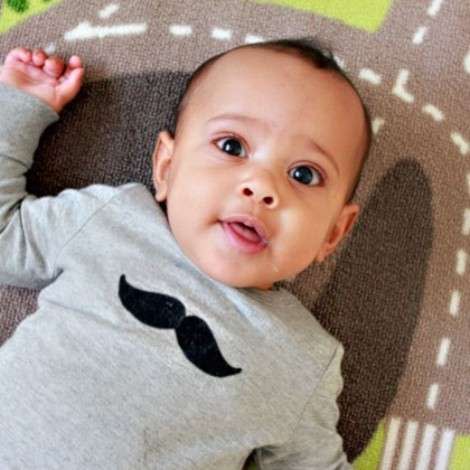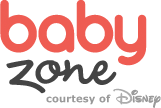My Baby was Choking--And I Saved Him

Choking is the fourth-leading cause of unintentional deaths in children under the age of 5. Every five days, at least one child dies after choking on food. And while my experience was terrifying, I was one of the lucky ones.
An article about choking in The New York Times reminded me how quickly a moment in time can change from mundane to life-altering. While reading the article--the detailed description of a near-fatal choking incident of a 19-month-old--my heart quickened, and I started to sweat. It was like I was reliving our incident. As I read, I knew that had a passerby (who happened to be a nurse and CPR-certified) not reacted to their frantic plea for help, that baby would be dead.
Our incident was different--my newborn wasn't choking on food rather his own baby congestion. While my newborn laid peacefully in his bouncer chair, I washed dishes, and my husband watched some television. He picked up the baby, and we all went upstairs. As he handed me my son, I knew something was amiss. He wasn't breathing. Frantically, I turned him on my forearm, belly down, and began to pat his back (firmly). He was turning blue.
Related: How to Perform Baby CPR
I ran downstairs, still holding my son, to open our closet door where I had taped my notes and worksheet from the infant CPR class I had taken. I was a high school soccer coach during that time and was mandated to take a CPR class. Because I was so obviously pregnant, the lecturer chatted with me and insisted I stay 20 minutes extra to take the infant CPR portion of the class. I obliged.
At this point, my baby was foaming at the mouth. I was terrified, but eerily calm, instinctively following the instructions according to the weathered worksheet and my limited memory. When I began to perform chest thrusts, my tiny little baby boy expelled every last morsel of fluid that existed in his body. From his mouth, his nose, it all came out.
During this time, my husband--hysterical beyond any measure of recognition of the man I've ever known him to be--was on the phone with 911. I could hear my boy breathing, faintly, but no amount of jostling woke him.
At the hospital, his tests all came back normal. He was healthy and withstood nearly a minute without oxygen. For two days after, he remained lethargic. But as horrific of an experience as this was, we are the lucky ones.
Choking is a serious hazard. Every parent should dutifully take precaution and become CPR-certified. The American Academy of Pediatrics has great resources and lists of foods that cause choking hazards, including the exact worksheet that we keep taped in our hall closets.
My plan is to never use it again, but that worksheet and the encouragement of a stranger to get certified in infant CPR probably saved my baby's life.
- By Vanessa Bell
For parents' top 12 health worries in your baby's first year, visit BabyZone!
MORE ON BABYZONE
What to do when your baby is choking
Lifesaving techniques every parent should know
How to talk so your doc will listen

